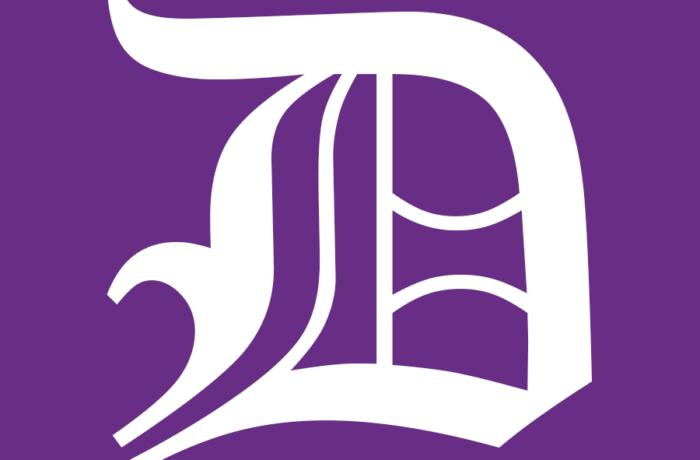This is the third semester I’ve been on the The Defender staff. This class is known for being demanding (an understatement), but when I recently interviewed Sanka Smailhodzic and her daughter Ordina, a mother and daughter who came to the United States as refugees of the Bosnian war, I was reminded why I have returned to The Defender for a third semester.
At a time when the media is more disliked than ever, politically and socially, nationally and locally, why return to such a challenging, somewhat unpopular class?
I love it. I love connecting with the community on a personal level through my articles, I love learning from and working with my fellow editors, and I love getting to tell people’s stories.
There is something uniquely special about connecting with people the way journalists can. Most people don’t get to talk to sources or know their stories or learn about our community every day the way journalists do. There’s always a phone in our hands distracting us, work to do, somewhere else to be.
This interview gave me insight into experiences that most of our readers cannot imagine—the world of refugees and living through a horrific war made more horrible by ethnic cleansing—and the world of accomplished women, strong women, kind people, a loving mother and daughter. Their experiences and insights led to a story that will inform our community, and provide perspective on the refugee crisis today.
It’s so rare that we focus all of our attention on a conversation with one person, and that we actually listen. It shouldn’t be.
Talking to Sanka and Ordina, I was reminded of how precious a source’s trust is and what a privilege it was that they were sharing their story with me. Journalists work hard to establish levels of trust– with interviewees and with readers. Seeing the public trust in journalism continue to plummet is not only unsettling, it’s scary. When journalists do gain the trust they’ve worked so hard to cultivate, interviewees sometimes share their entire world with us.
I wish more of our world was like that—based off of one-to-one connections and listening for the sake of true understanding, instead of information bubbles, trolls on social media, and general ignorance.
At its essence, Sanka and Ordina’s message was exactly that — if we all listened more and got to know more people outside of our social spheres, maybe our world would be a better place and would begin to heal from the numerous and varied places we hurt.
KELSEY BODE
PRINT EXECUTIVE EDITOR
Email kbode@mail.smcvt.edu for information on the contribution process.
